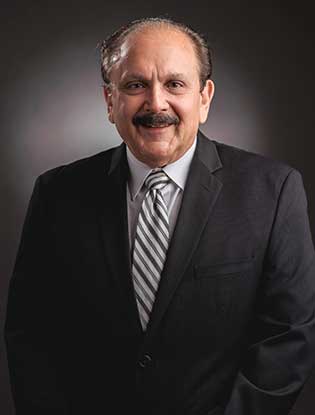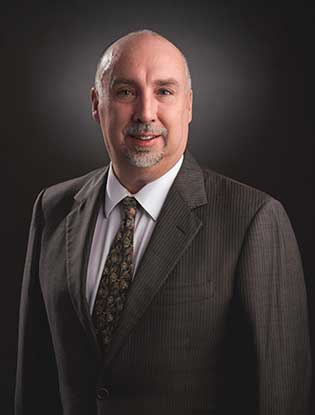A legal document which outlines the manner through which your property will be devolved in the event of your demise is referred to as a
will. By having a valid will, you ensure that your property ends up where you want it to be. Therefore, it is important that you make a will if you have a family.
Probate can be defined as the process of proving and registering the will of the deceased. The person you appoint as the executor of your will handles your estate when you pass on. This is referred to as administration of the deceased estate. The executor ensures that your estate is settled properly and to the advantage of your beneficiaries.
The Executor’s Duties
For an executor to properly dispense his or her duties, the executor is required by law to obtain a grant of probate.
A grant of probate confirms that: the author of the will is dead, that the will is authentic and the identity of the executor. An executor of a will can be a natural person or a juridical person such as a Trustee Company. Once the court grants probate, the assets of the deceased are entrusted on the executor. In order for you to save your loved ones from wasting time and money in probate court, you must ensure that you leave behind a valid will. Below is a detailed explanation of how a valid will saves your family from a probate court.
Cost of probate
The cost of probate can be quite high. The high cost of probate can eat into your estate significantly. Large amounts of money can easily be lost paying for: appraiser’s fees, court filing fees, and lawyers’ fees. Probate lawyers’ fees are calculated either on a percentage of the total value of the probate assets or on an hourly basis. The fees payable to a probate lawyer can also be a combination of the two. Fees payable to a lawyer can be significant regardless of the remuneration method.
Personal representatives are, by law, entitled to be paid for the services they render. Some states have in place a fee schedule for such representatives. Similarly, the fees paid to personal representatives is a percentage of the value of your estate. An executor may also be compensated for his or her services. This happens when the executor sells some of the assets of the estate or collects income generated by the estate.
Before your estate is distributed to your beneficiaries, your creditors, lawyers, personal representatives, and executors have to be paid. In order to raise money for this costly endeavor, your assets may be liquidated. If the assets are sold at a profit, an income tax is levied. This continues to decrease the amount that your beneficiaries will receive. At times, assets may be sold at a price that is less than their market value; to raise money to pay creditors and lawyers’ fees. The cost of probate is higher if you die without having executed a valid will.
The process of probate is time-consuming & Financially Draining
The minimum time required to fully complete probate is six months. Some probate processes take up to two years to end. This can greatly inconvenience your beneficiaries financially. Household expenses and other financial matters may be interrupted until the probate process is closed. However, on application, the court can release some assets before the end of the process. This will require your beneficiaries to spend more money on attorney fees. It is important to note that this happens regardless of whether you have a will or otherwise. The time taken to close probate proceedings takes a long time if you die without a valid will. By having a will, you minimize the time taken for probate: since you have already outlined how you want your estate to be distributed.
You personally decide how your estate will be devolved
A person who dies without a will is said to have
died intestate. A will allows its author to decide how his or her property will be distributed upon death; it comes into force when its author dies. If you die intestate, the probate court decides how your property will be distributed. You will have no say on how your assets are shared.
You choose who winds up your estate
The executor you appoint in your will has the duty of winding up your estate. Executors are required to pay the deceased debts and, at times, manage the estate of the deceased for the benefit of the deceased beneficiaries.
None of the content in this article is considered legal advice. Call our attorneys to discuss a plan for your legal situation.





